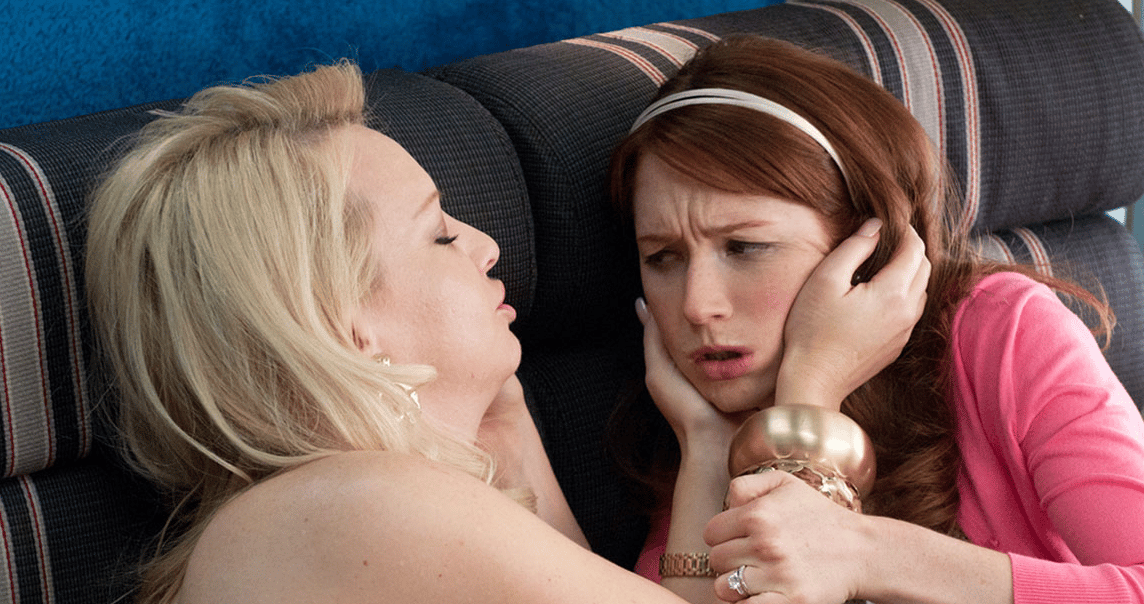Regardless of how frequently you fly, air travel is full of surprises.
Some of these surprises are happy ones — scoring the exit row or an extra serve of dessert, for example. Others are not so welcome (oh hi, unexpected turbulence!).
Then there’s a whole other category of unexpected occurrences that would be better described as bizarre, if not a little embarrassing. From heightened emotions to flatulence, here are four common ways flying can mess with you, and why it happens.
Mile-high emotions
Even the steeliest of hearts have found themselves ugly-crying over a mediocre movie or drawn in a private spiral of contemplation/melancholia as soon as the wheels come off the tarmac.
While she isn’t aware of any scientific studies into the issue, Tal Schlosser, Clinical Psychologist and Director of My Life Psychologists, has some theories as to why people find their emotions heightened mid-flight. One is the separation from our regular busy lives.
“Sitting down on a flight is a rare moment of stillness for a lot of people, when they let themselves simply ‘sit’ with what they’re thinking or feeling without the distractions of their phone or regular activities,” she explains.
Another potential factor is the strong feelings that can be triggered by travel — whether it be sadness at leaving someone behind, or excitement about a big adventure. Schlosser suggests this can “prime” some people into feeling more emotional.



Top Comments
Planes are mot pressurised to sea level equivalent. What high school grduate doesnt remember that gas volume increases as pressure drops? It shouldn't take a doctor to understand that. And why does Dr Sheridan want me to wear SPF50+ inside an airplane?
UVA that causes skin ageing and contributes to melanoma penetrates glass.
But i never take a window seat and virtually all my flights are overnight trans-pacifics. How about something like 'if you're likely to find yourself in bright glare through the pkane window...' or does Dr Sheridan sell 'anti-aging' products too?
The article was not written just for you. Other people catch planes too, and may find themselves seated at a window seat during the daytime.